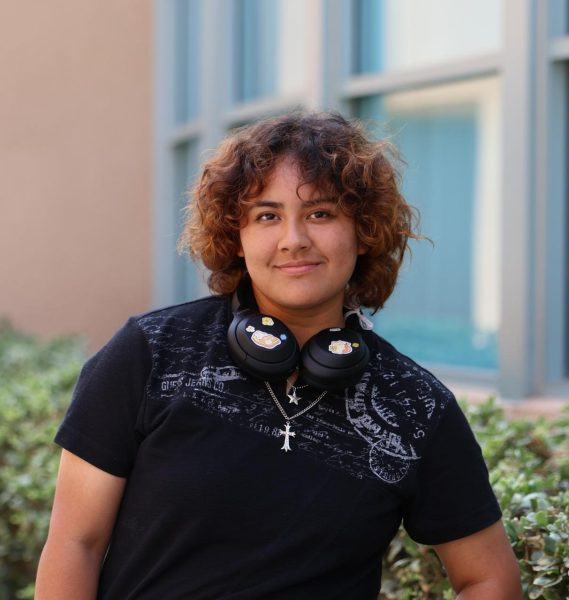The CDC and the World Health Organization detected a new variant of the Omicron, BA 2.86, this past August. As of Sept. 20, the variant has been found in 15 countries.
The symptoms of BA 2.86, otherwise known as the Pirola virus, resemble the symptoms of previous variants, such as having a runny nose, fatigue, sneezing and a sore throat. Methods to prevent the spread of the virus remain consistent with the previous years of advice.
“To prevent the spread of any illness, one should keep their hands clean, washing them with soap and water frequently, wearing a mask and staying home from school events and when feeling sick,” Northwood school nurse Christin Crowley said.
The Pirola virus is distinctive compared to other variants of COVID. With more than 30 mutations found in the spike proteins of BA 2.86, the virus can go undetected into our bodies, potentially affecting how well antibodies can identify it.
Little else is known about the Pirola virus. As most people now use at-home COVID tests, which do not get reported to the states or the CDC, identifying how transmittable the virus is or the extent the virus will affect the body has been a difficult task.
As this new strain of COVID comes with the fall season, the CDC highly recommends that people aged 6 months and older get an updated COVID vaccine. Updated vaccines from Pfizer-BioNTech and Moderna are currently available. While these vaccines are formulated to target another variant of the virus, vaccination still remains to have the best protection against COVID. People who don’t have health insurance can get vaccinated for free from their local health centers.
Furthermore, the New York Times revealed that free COVID tests are returning. Orders can be placed at covidtest.gov starting Sept. 25 and will be delivered for free by the U.S. Postal Service. The tests, which are designed to expire by the end of the year, detect coronavirus variants that are currently circulating.
The CDC advises people to continue improving ventilation systems, such as through opening windows and using air purifiers. Similar to Crowley’s advice, the CDC strongly recommends people to stay home if they have, or suspect they might have, the virus and seek treatment when necessary.
“If you aren’t sure how you are feeling, keep your germs to yourself!” Crowley said. “Even if you test negative for COVID, these things prevent the spread of flu and colds as well, so are always a good practice.”





















































